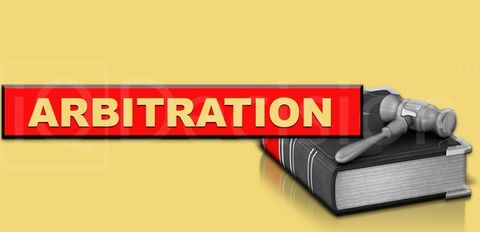Most business disputes and disagreements arising in the execution of cross-border contracts are resolved by international commercial arbitration, which is widely recognized and whose prestige is steadily increasing even in countries with a low level of development of the judicial system. These countries today include Bangladesh. Arbitration remains open to business. Below we will briefly analyze the regulation of the international arbitration process in Bangladesh.
Legal landscape
The Arbitration Law is the main piece of legislation governing commercial arbitration in Bangladesh. An integral part of it is the rules for challenging the final decision.
One of the notable features of this legislative act is the impossibility of its application if the dispute resolution via arbitration took place outside the country. This has widespread implications for foreign investors who wish to have their arbitration overseas.
It is allowed to invoke interim measures in local courts to protect the subject of arbitration in Bangladesh even before its commencement. If the place of arbitration is outside Bangladesh, then injunctive relief or asset seizure will not apply.
NOTE: In Bangladesh, decisions of not only domestic but also foreign arbitration courts are recognized and enforced by decision of a state court.
The establishment of an arbitration tribunal shall be made by the disputing parties. However, in Bangladesh, it is not so simple. The parties' proposals on the candidacies of arbitrators will be heard by the court, but the court has unlimited authority to appoint arbitration professionals in case of international commercial arbitration.
The main requirements for the qualification of an arbitrator are as follows:
- lack of direct or indirect interest in the outcome of the case, as well as independence from the parties;
- reaching the age of 25;
- higher education.
A person of any race, nationality or ethnicity can be appointed an arbitrator in Bangladesh.
An arbitrator cannot be appointed if he/she:
- is recognized by a competent court in the manner prescribed by law, incapacitated or partially incapacitated;
- has an unexpunged or outstanding conviction, or a person who has been charged with committing a crime;
- is a civil servant.
NOTE: The parties may agree to resolve the dispute on the basis of written materials only, without holding an oral hearing. The tribunal may, however, schedule an oral hearing if the submissions are insufficient to resolve the dispute on the merits.
Conclusion
In international practice, commercial arbitration is a non-state court established by the disputing parties, the source of law enforcement activity of which is the agreement of the parties, and not the prescription of the law.
This excludes the jurisdiction of the state court to consider a specific case within the framework provided by the agreement. The parties have the right to choose a convenient method of arbitration in Bangladesh, including the choice of arbitrators and applicable law. However, it is necessary to take into account the high likelihood of court interference in these and other procedural processes.
Consultation on the initiation of arbitration proceedings in Bangladesh will help you understand how the process is going on and what pitfalls the conflicting parties should beware of.
Our company experts have extensive experience in international arbitration across the world. Clients choose us for legal excellence, and specialist expertise in complex cases. Reach out to our solicitors by filling a short form below.











